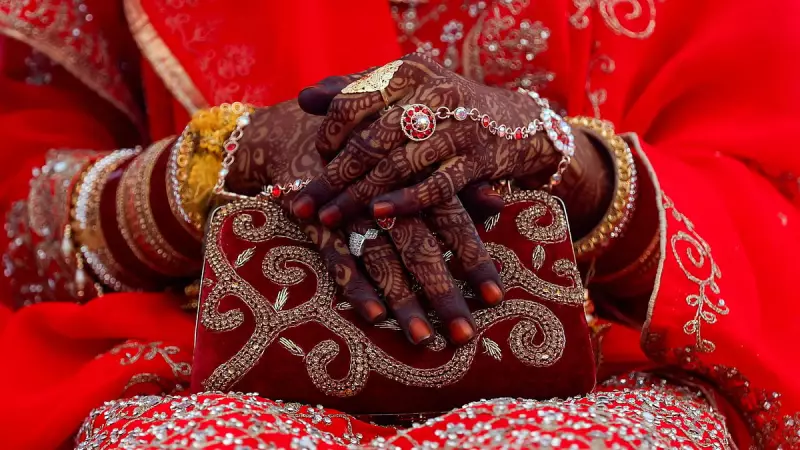
A young Indian Sikh woman's pilgrimage to Pakistan has taken an unexpected turn, leaving her stranded in the neighboring country amid conflicting claims about her voluntary conversion to Islam and subsequent marriage to a local Muslim man.
The Disputed Journey
According to Pakistani police officials, the woman identified as 31-year-old Sarbat Kaur from Delhi traveled to Pakistan on April 12 using a visa specifically issued for religious tourism. She was part of a group of Indian Sikh pilgrims visiting holy sites in Pakistan when she reportedly went missing from her hotel in Rawalpindi on April 19.
Pakistani authorities claim that Kaur voluntarily converted to Islam, changing her name to Ayesha, and married a local Muslim man named Muhammad Azam. The police statement asserts she made these decisions of her own free will and has refused to return to India with the rest of the pilgrimage group.
Family's Contradictory Claims
Back in India, Kaur's family presents a dramatically different version of events. Her relatives have expressed serious concerns about her safety and question the official narrative provided by Pakistani authorities.
The family disputes the police claim that Kaur converted and married willingly, raising doubts about the circumstances surrounding her disappearance and subsequent actions. They have appealed to both Indian and Pakistani governments for transparency and assistance in ensuring her safe return.
Diplomatic Implications and Community Concerns
This incident has drawn attention from both sides of the border, occurring at a time when India-Pakistan relations remain delicate. The case highlights the complex dynamics of cross-border religious tourism and the vulnerabilities that can arise during such journeys.
The Sikh community in both countries has shown concern about the incident, with community leaders calling for a thorough investigation into the matter. The conflicting accounts have raised questions about the protection of religious minorities and the safety of pilgrims traveling between the two neighboring nations.
Indian diplomatic officials are reportedly monitoring the situation closely, though official statements from the Indian government have been limited. The case continues to develop as both families and authorities attempt to resolve the matter.





